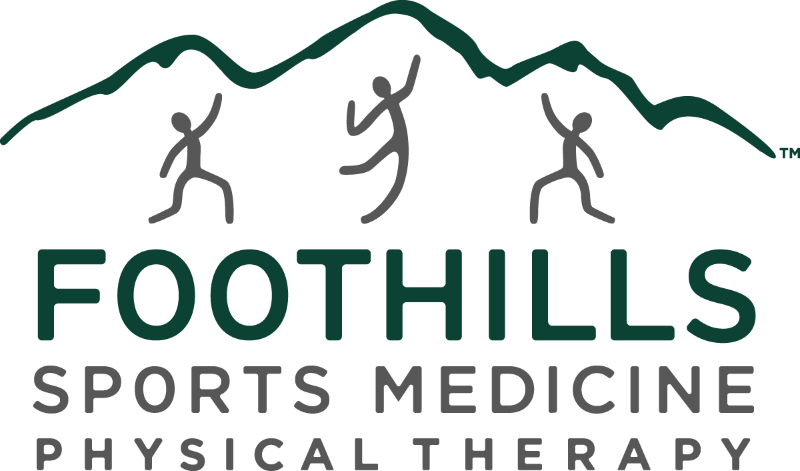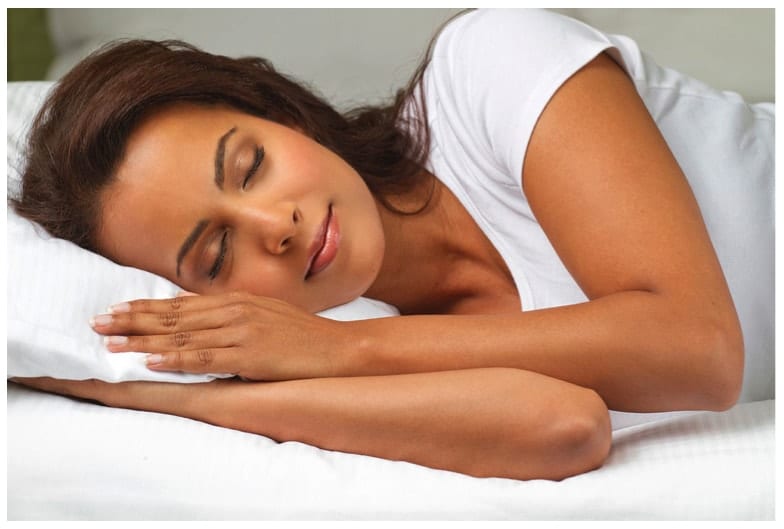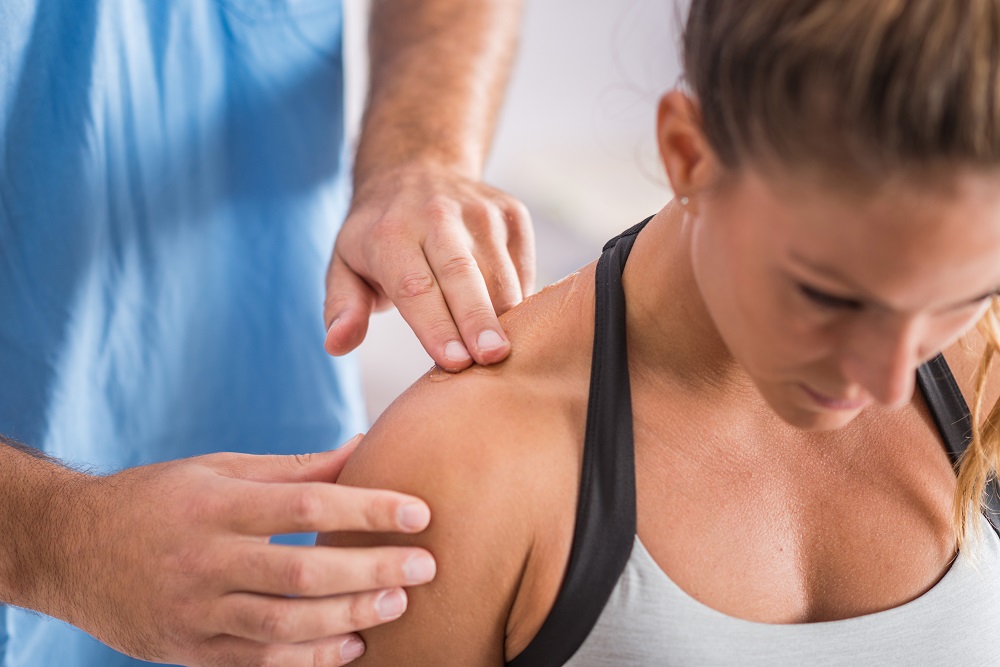Ted Carter, PT, DPT, is a Phoenix sports medicine expert and has over five years of experience working in outpatient physical therapy. He currently treats at the Foothills Sports Medicine Physical Therapy Ahwatukee location in Phoenix, Arizona, and is a certified Orthopaedic Clinical Specialist (OCS) and Certified Strength and Conditioning Specialist (CSCS). Today, Ted shares his professional knowledge on how to get a more therapeutic sleep to enhance recovery.
Most of us can agree that we enjoy sleeping and would like to get more of it. The majority of patients I treat come to me because they are in pain, but do not fully realize the profound effect that sleep has on our body— especially when it comes to healing. Sleep is when our body has the best chance to repair itself, which can jumpstart your recovery following an injury.
Recent studies have shown Americans are getting insufficient sleep across the board. In an article by Lauderdale, Knutson et al., they found Americans only sleep six hours per night on average. This is significantly less than the six to nine hours a night recommended by the National Sleep Foundation. It’s no surprise that busy schedules and unlimited digital distractions make sleep the last item on our daily checklist. But adequate sleep is crucial as it has been shown to decrease inflammation, lower pain levels, increase fat metabolism and muscle growth, improve productivity at work, and elevate our mood. For our bodies to function optimally, it is important to get enough restful, uninterrupted sleep.
These 10 tips will help you have a more restful and therapeutic sleep to maximize your recovery, and expedite your results during physical therapy.
- Turn off the lights and electronic devices— Bright lights and electronics with LED screens keep the nervous system active. Turning off overhead lights and electronics one hour prior to bedtime will help your nervous system ramp down and prepare for a night of restful sleep.
- No naps— Naps may seem like a good idea, but they also make it difficult for your body to get to sleep earlier and stay asleep longer. Omitting naps can help you get to sleep faster.
- Limit caffeine intake to only the morning and early afternoon— Caffeine is a central nervous system stimulant that helps us stay alert. Consuming too much caffeine or taking it late in the day will keep it active in your system. Avoid any products that have caffeine in the late afternoon or evening.
- Table your thoughts for tomorrow— When the day is winding down, we can find ourselves planning the upcoming day or week. However, planning keeps your brain engaged when it should be shutting down for the night.
- Darken and cool your room— Melatonin is the hormone released around bedtime which helps us fall asleep. It is released in higher doses when the room is dark and cool.
- No kids or animals in bed— Having kids or animals in the bed can create extra movement and heat which can cause you to wake up several times a night instead of a staying asleep. Interrupted sleep disrupts our body’s sleep cycles leading to a less restful night’s sleep.
- Limit alcohol consumption— Alcohol can cause relaxation and reduce stress, but in excess can affect our normal sleep cycles and cause extra trips to the restroom when we should be sleeping.
- Limit fluid intake in the evenings— Drinking water is important but consuming large amounts in the evening prior to bed can cause you to wake up to use the restroom when you should be sleeping.
- Stay in bed— Pick a bedtime and stick to it. If you are unable to fall asleep quickly, stay in bed and close your eyes while thinking of relaxing thoughts. After a few nights of this routine your body will adjust to your new bedtime.
- Exercise— Regular exercise helps clear toxins and stimulants in the bloodstream, which will help you fall asleep faster.
The best way to start is to pick a few items to begin incorporating tonight. Try to add one item from the checklist each night until you have all the items covered. Remember this is a process and it can take time to see results. A few simple daily changes will help you sleep better and recover faster.
Ted and all of our physical therapy experts at Foothills Sports Medicine Physical Therapy have extensive knowledge about injuries, physical rehabilitation, sport performance and recovery. If you have questions about your injury or recovery, make an appointment for a physical therapy consultation today! To learn more about what our certified specialists can do for you, check out the Foothills blog.




